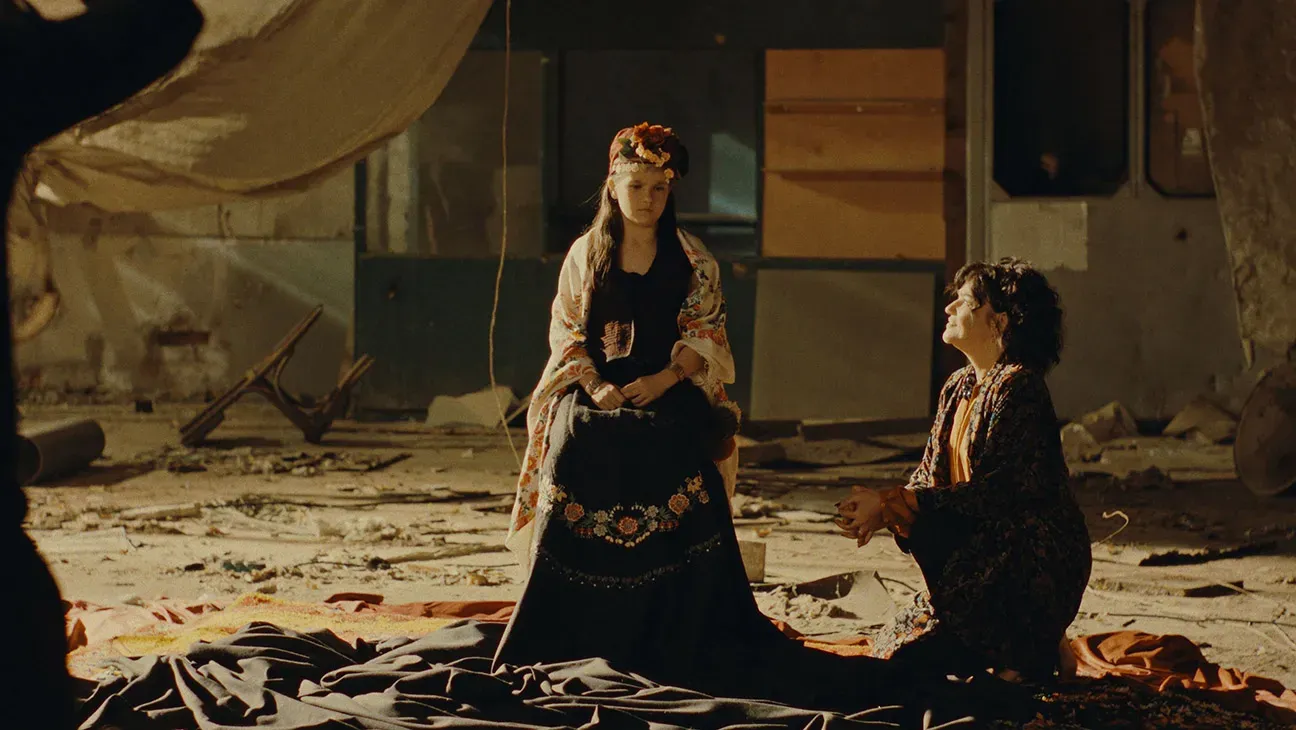
The Incredible Work of Dr. Maurizio Bini: Nurturing Fertility and Affirming Gender Identity
- Jul 12, 2025
In "GEN_", a touching documentary by Italian director Gianluca Matarrese, we meet a remarkable doctor, Dr. Maurizio Bini. This experienced endocrinologist operates a bustling fertility clinic and a department for gender-affirming procedures and hormonal treatments for trans individuals at Niguarda Hospital in Milan.
Operating in Italy, a predominantly Catholic nation with a leadership that leans towards traditionalist views, Dr. Bini’s work is both vital and revolutionary. He helps improve the country's dwindling birth rate while also supporting the burgeoning trans community. Intriguingly, all his procedures are financed by Italy’s public healthcare, despite the political climate largely dominated by far-right ideologies.
Matarrese, renowned for his documentary works in fashion and family businesses, shadows Dr. Bini during his day-to-day tasks leading up to his retirement. The doctor interacts with his patients displaying attributes akin to a psychologist or a philosopher. His multilingual skills allow him to connect with patients from diverse backgrounds.
When not practicing medicine, he is filmed strolling the Lombardy countryside in search of rare mushrooms. His fascination with mushrooms, which reproduce like humans, subtly link these scenes to his professional work. Dr. Bini comes across as an empathetic, warm individual, dedicated to helping others, a trait that seems rather old-worldly today.

Among many, scenes that make a lasting impression in GEN_ are the ones where he counsels young trans patients. Some are content with their treatments, while others return seeking more procedures. In each situation, he treats the patients with dignity, compassion and respect, regardless of their gender identity or sexual orientation.
Matarrese, also the cinematographer, films these interactions at a respectable distance, enabling authenticity from his subjects. Though Dr. Bini displays a slight self-consciousness in front of the camera, his sessions provide invaluable insights as he guides patients through monumental decisions.
Ultimately, GEN_ normalizes the viewer's perceptions of what might be regarded as contentious by certain sections of society. With minimal discrimination, the film suggests such an approach should be echoed everywhere. While encapsulating a small utopia in this corner of a public hospital in northern Italy, the documentary ends on a hopeful note that such scenarios may soon not be a novelty.







